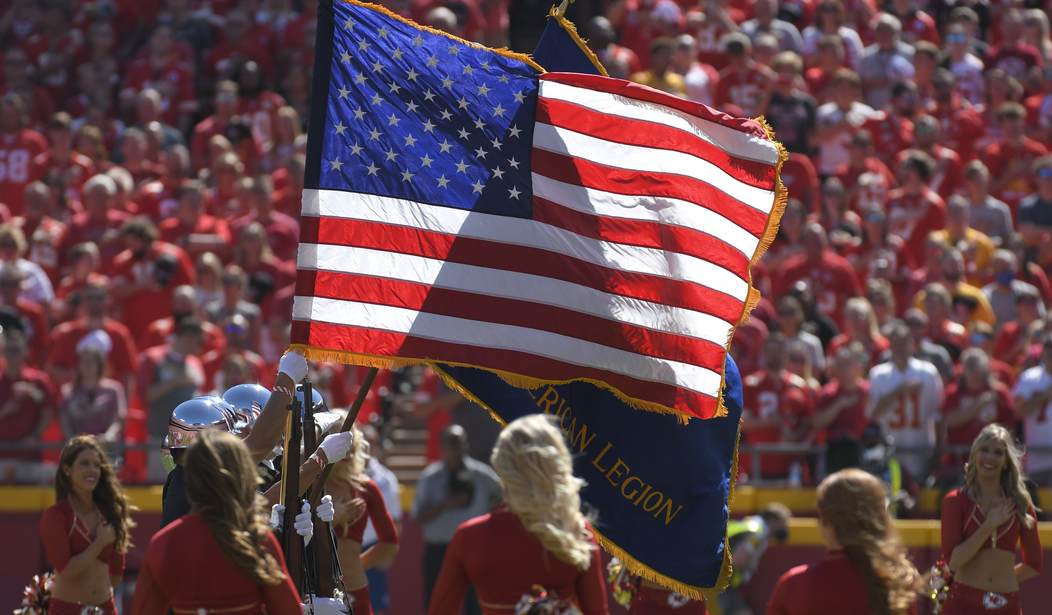This Independence Day, my neighbors and I will celebrate the nation’s founding by flying the national and state flags. In our retirement community, Democrats and Republicans alike share in this display of national unity. But symbols of national unity seem to be disappearing, and I propose some modest changes to help restore national unity.
My first proposal is that the purchase of the U.S. and state flag be exempt from state and local sales taxes. As of now, 14 states have such exceptions. When state and local governments impose sales taxes on the purchase of U.S. and state flags, this acts as a deterrent to such purchases. The deterrence effect may be modest, but such exemptions would have a symbolic, as well as substantive, impact. The exemption would help differentiate the purchase of U.S. and state flags from other flags that are not symbols of national unity. Indeed, many folks now purchase flags as symbols of identity politics, promoting divisiveness within the society.
It is important that the purchase of state flags as well as the U.S. flag be exempt from state and local sales taxes. The Pledge of Allegiance affirms our allegiance to state as well as national sovereignty under the Constitution. The Tenth Amendment provides that government functions not specifically delegated to the federal government are reserved to the states and the people. Unfortunately, massive expansion of the federal government over the past century has undermined the separation and division of powers established in the Constitution. Displaying the state flag as well as the U.S. flag reaffirms our allegiance to our state as well as our national government within our federalist system.
My proposal to exempt the purchase of U.S. and state flags from state and local sales taxes is opposed by the Tax Foundation. The Tax Foundation supports broad-based taxes with low rates and few exemptions. Exemptions for the purchase of the U.S. and State flags narrow the base for state and local sales taxes, making them less efficient. But this is a case when the public interest trumps efficiency.
My second proposal would require recitation of the Pledge of Allegiance to the United States of America at the beginning of each school day in our public schools, with clear exemptions. Most states now have this requirement, but the exemptions are often not clear, leading to ambiguity and unnecessary litigation. Colorado has this requirement, replete with clear exemptions when students or teachers object on religious grounds. A student can be exempt from reciting the Pledge of Allegiance on any grounds by filing an objection with the principal of the school. Students and teachers who are not U.S. citizens are not required to recite the Pledge of Allegiance.
Critics of these proposals will argue that they are merely token symbols of national unity; but we should not dismiss the proposals, even if they are mainly symbolic gestures. When I served on the Colorado Tax Commission, we conducted a survey of citizen attitudes toward government. Most respondents stated that they believed our state government wastes much of the tax revenue it receives, and that the federal government wastes most of the revenue it receives. More recent surveys reveal that this lack of faith in our fiscal institutions has increased over time. The Swiss have a term for this: “declining dynamic credence capital.”
In the United States, we are losing the “glue” that holds our society together. Even modest changes that increase citizen support for our political institutions are important. The absence of the “glue” that holds our nation together may now be the greatest barrier to overcoming our partisan divides, not to mention our economic growth and prosperity.
Barry Paulson ([email protected]) is a policy advisor with The Heartland Institute.














Join the conversation as a VIP Member